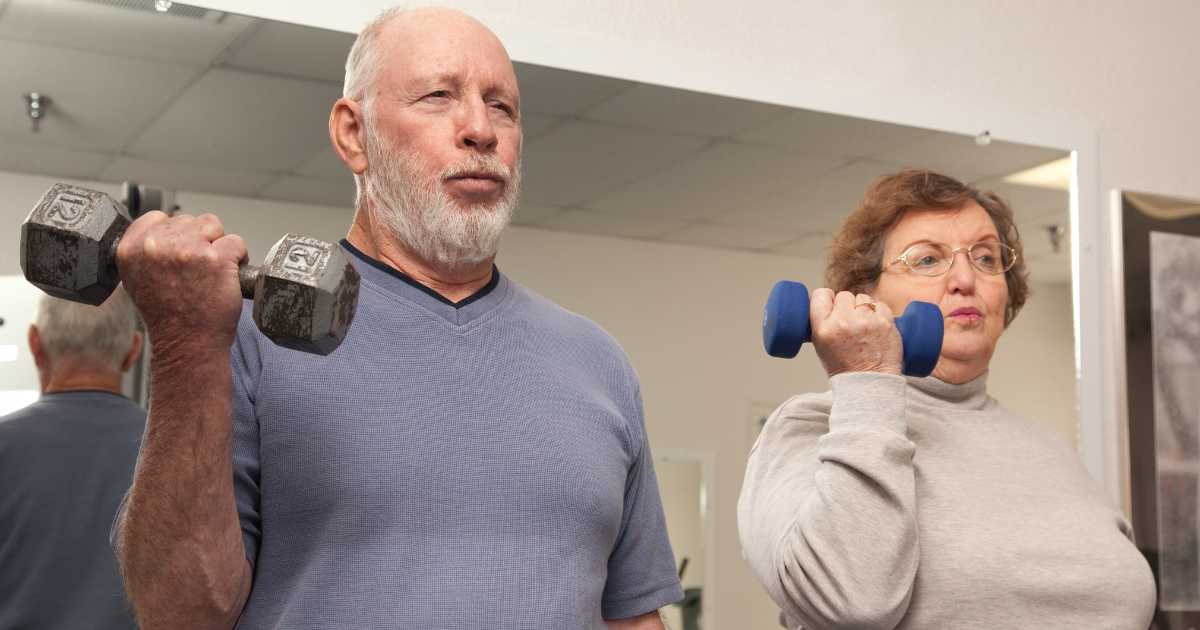If you’re a runner who wants to shave seconds off your pace or build resilience against injury, strength training might just be your missing link.
Why Strength Training is Essential for Runners
Many runners mistakenly believe that logging more miles is the only path to improved performance. However, research shows that integrating structured strength training for running significantly boosts speed, economy, and endurance.
According to a 2023 meta-analysis in the Journal of Strength and Conditioning Research, strength training can improve running economy by up to 8%, translating into faster paces with less effort.
How Strength Training Improves Speed
Running fast isn’t just about form—it’s about force production. Stronger leg muscles (particularly quads, hamstrings, glutes, and calves) generate more power per stride, helping you:
- Propel forward efficiently
- Maintain form during fatigue
- Sprint or surge during races
Strength gains also enhance neuromuscular coordination, allowing your brain and muscles to work in sync for smoother, faster movement.
Key Focus Areas: Strength Training That Supports Speed
For maximum benefit, your strength training program should include:
1. Heavy Lifting (Low Reps, High Load): Deadlifts, squats, and step-ups build max strength and improve muscle recruitment. Ideal for advanced runners looking to increase explosive power.
2. Plyometrics (Jump Training): Exercises like box jumps, bounding, and depth jumps enhance muscle elasticity and reactivity, crucial for sprinting and maintaining pace during races.
3. Core and Posterior Chain Work: A strong core and back (think planks, bird dogs, hip thrusts) support proper posture and energy transfer during long runs.
4. Single-Leg Stability Work: Lunges, Bulgarian split squats, and single-leg deadlifts mimic the unilateral demands of running and prevent imbalances that cause injury.
When to Strength Train
For best results, integrate strength workouts 2-3 times per week, ideally on non-consecutive days. In race season, reduce volume but maintain intensity to retain benefits.
The Bottom Line
Strength training isn’t a supplement to your run training—it’s a performance multiplier. Whether you’re aiming for a PR or simply want to run pain-free, it’s time to make weights part of your weekly routine.
💪 Ready to build a faster, more resilient running body? Our free Health and Fitness Assessment is a great way to start working towards accomplishing your goals.
Originally published: Nov 29, 2022 | Updates May 30th, 2025

Click on a Subject to Learn More





